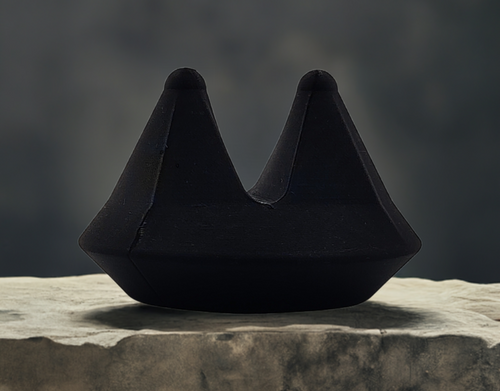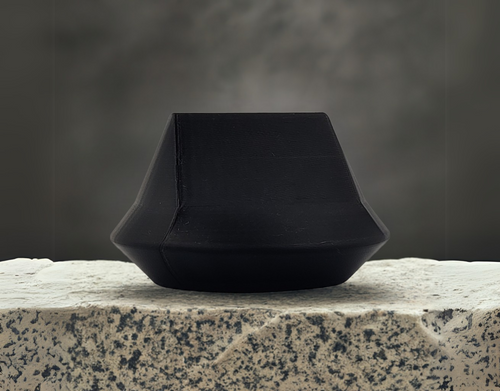The connection between masticatory muscle tension and migraines
Masticatory disorders, such as temporomandibular dysfunction (TMD), can increase the risk of migraine and worsen symptoms. People with TMD are up to twice as likely to develop migraines as the general population.
Symptoms and effects on the head and neck area
Temporomandibular joint and masseter muscle problems can cause pain, tension, and transfer problems to the base of the skull and upper neck. This tension can contribute to migraine triggers, although it is usually not a direct cause.
Bruxism and clenching of the jaw muscles
Bruxism, or teeth grinding, is often seen during a dental examination. However, the tightening of the masseter muscles, which is more common in migraine patients, can remain hidden until it causes, for example, a broken tooth.
The role of stress
Stress is often transmitted to migraines through overactivity of the masseter muscles. Therefore, migraine sufferers should always have their masseter muscles examined for size and possible tenderness – including the temporal muscles located in the temple area.
Self-care and prevention
Self-massage and stretching of the masseter muscles can help relieve symptoms. For example, gentle massage of the cheek muscles and careful pressing of the jaw down can help. Treatment of the base of the skull is also useful.

Markku Nissilä, neurology specialist
Frequently asked questions about masseter muscles and migraines
Can tight jaw muscles cause migraines?
Tightness in the masticatory muscles is usually not a direct cause of migraines, but it can worsen symptoms and increase the risk of attacks.
What is the difference between bruxism and clenching of the jaw muscles?
Bruxism is the grinding of teeth, while the tightening of the masticatory muscles is often unnoticed and may only become apparent as a fractured tooth.
Why does stress worsen masticatory muscle problems and migraines?
Stress puts strain on the masticatory muscles, which can increase tension in the skull base and neck and predispose to migraines.
How can I relieve tension in my masticatory muscles?
Massage, stretching, and skull base manipulation can provide relief. Stress management is also important.
When should you seek professional help?
If you suffer from recurring jaw pain, difficulty biting, or headaches, an examination by a dentist, physiotherapist, or neurologist is recommended.




